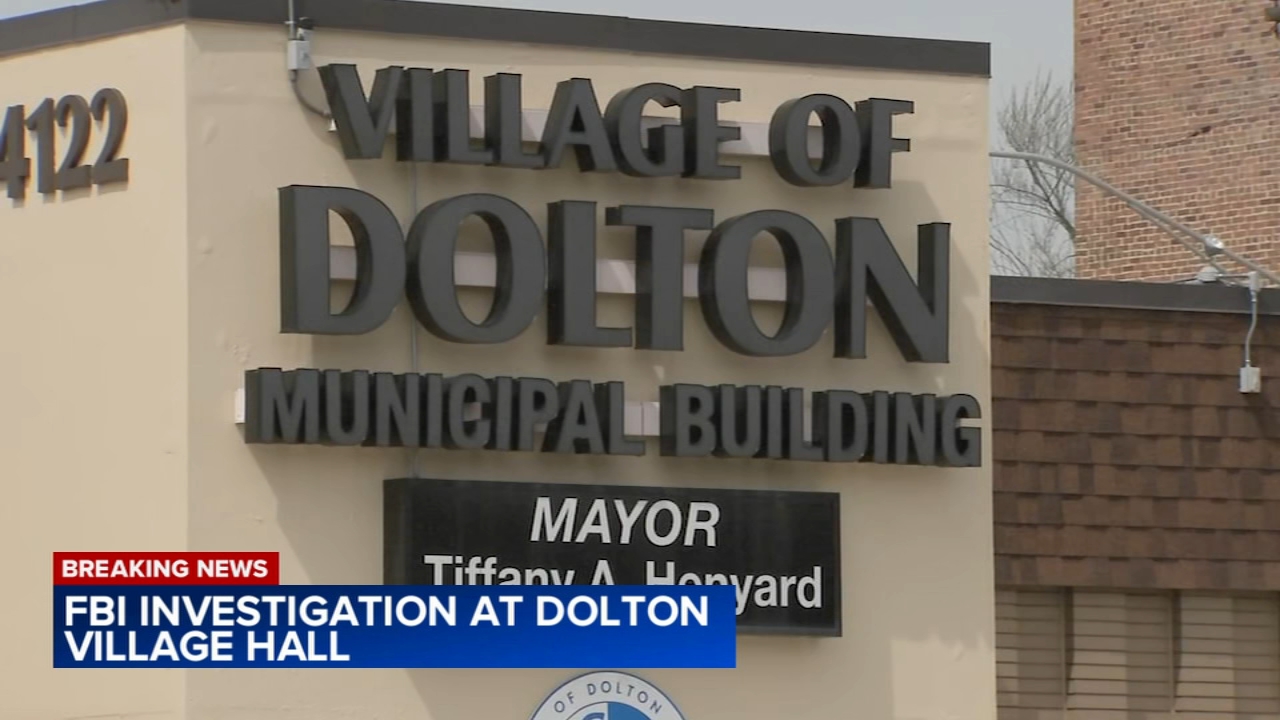Mayor, healthcare executives say Chicago Ebola plan in place

CHICAGO (WLS) -- Chicago political leaders and healthcare executives are telling the public that they have a plan in place to deal with the Ebola virus.
Mayor Rahm Emanuel and his cabinet met with healthcare executives to discuss the city's Ebola preparedness plan.
There are no known cases of Ebola in Illinois. No one is being tested for it and the risk of contracting the virus is very low. But, low risk is not no risk and public health leaders want the public to know that they stand at the ready for the unlikely.
The idea is to make sure everybody's on the same page, up to speed. After meeting with his cabinet heads and some leading health care providers, the mayor says the city is prepared, has learned from Ebola mistakes in other places, and is confident they would not be repeated here.
"Because I want to make sure that we have a plan in place, that training across all the hospitals, all the clinics, all the public entities, to make sure that we also have an internal communication, let alone an external communication, to know what we're doing, how to do it and who to go to so you're not making it up on the run," Emanuel said.
If someone, for instance, walks into a neighborhood health clinic presenting symptoms consistent with Ebola, and if their travel history has a link to West Africa, public health officials would be notified. They would be directed to a hospital for testing with strict protocols, and public health officials would be notified.
"Health care providers in the clinics and hospitals know to contact the health department if they suspect an infection and when they confirm an infection," said Dr. Julie Morita, Chicago Department of Public Health.
The patient would be placed in isolation. Blood work up would be expedited out of state for testing. If there is a positive Ebola result, the patient would undergo treatment. City health officials say that treatment could be provided at one of a number of Chicago hospitals.
"Instead of looking at one designated hospital, we've been more looking at a network of hospital partners to be our designated partner in case we have somebody is diagnosed with Ebola," said Dr. Behcara Choucair, Chicago Department of Public Health.
The governor's office is also setting up an Ebola task force. Its mission at present is largely informational, making sure the health network is at the ready.
"State remains Ebola-free at this point in time and there are no suspect persons of interest currently being investigated or evaluated that would require us to do an Ebola testing at this point," said Dr. Lamar Hasbrouck, Illinois Public Health Director.
Any testing for Ebola would be done out of state at this time, but that will change in a few days when one of the three IDPH labs is certified to do Ebola testing, but so far there is no need for that.
State preparing for Ebola possibilities
The message from the State of Illinois concerning Ebola is that its officials are getting ready to get ready.
With the backdrop of the state's leaders in health, safety and security the leader of the Public Health Department said transparency is key to knocking down fear over Ebola.
"I don't want individual travelers to stigmatized, I don't want Africans to be stigmatized, this is not an African disease this is not an international disease, so xenophobia really frightens me," said Dr. Lamar Hasbrouck, Illinois Public Health Director. "I want people to know that the enemy is the virus."
Hasbrouck has been asked to set up an Ebola task force that will be announced next week by the governor. It will be the clearinghouse for the state's plans to handle future Ebola patients and designate certain hospitals as specialized Ebola treatment facilities.
Those hospitals were not identified Friday, but sources say Rush Medical Center downtown and Presence Resurrection near O'Hare Airport are the leading candidates.
"Will there be some key hospitals that say, 'you know what we are going to invest above and beyond and we are going to work even more closely with CDC to be a designated center of excellence right here where we can help additional hospitals,'" Dr. Hasbrouck said.
State officials took great pains to say the groundwork is being laid to control and contain Ebola should come to Illinois, likely through O'Hare.
"From public health, public safety, infectious disease and hospital and healthcare workers to inform our efforts and to make sure that all of our partners are coordinating and have the information and resources that they need," said Illinois Deputy Governor Cristal Thomas.
"Our task is to make sure behind the scenes were getting prepared with all the stakeholders meaning public health sector he health sector first responders and we are refining the preparation as we go but also in terms of the public, making sure we're getting out those messages,'" Dr. Hasbrouck said.
What the public needs to bear in mind, Dr. Hasbrouck stressed, is that if they have been exposed to someone who has the disease and is symptomatic, only then should they get concerned about Ebola.

















